Imagination Grant
This program invites students to take their theological imaginations on a journey, and to think more deeply about the effects and consequences of globalization on religious life and practice.
Fueled by an awareness of the global reality of our lives, Vanderbilt Divinity School prioritizes increasing our efforts to engage students and faculty in the global dynamics and realities of religion.
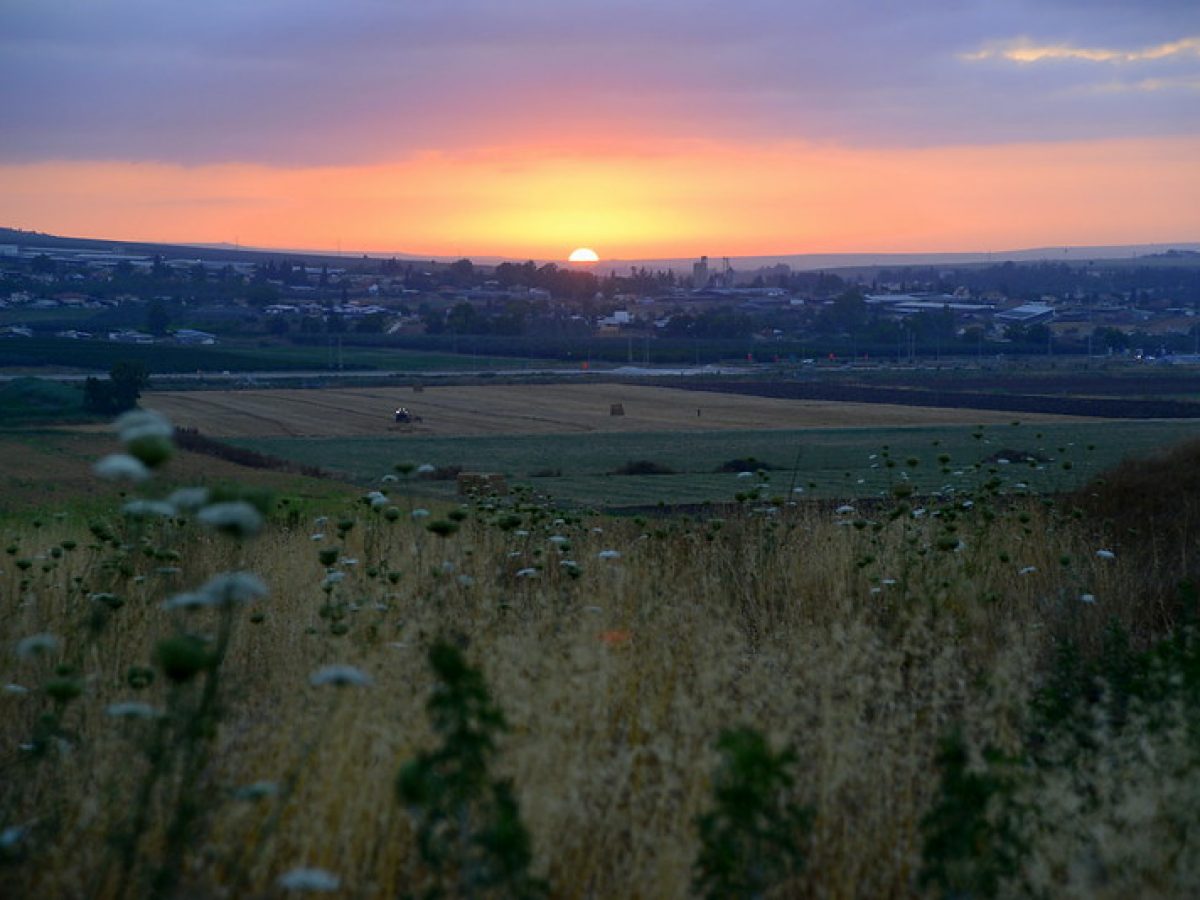
For more than 20 years, the Divinity School has been invested in fostering a strong global education initiative for our students. This initiative began in the 1990s offering cultural immersion experiences in China, South Africa, Namibia, Nicaragua and Thailand. Additional support from other donors has helped VDS expand the scope of our efforts in global education. In particular, broadening students' understanding of Christianity as well as understanding religious difference beyond Europe and North America.
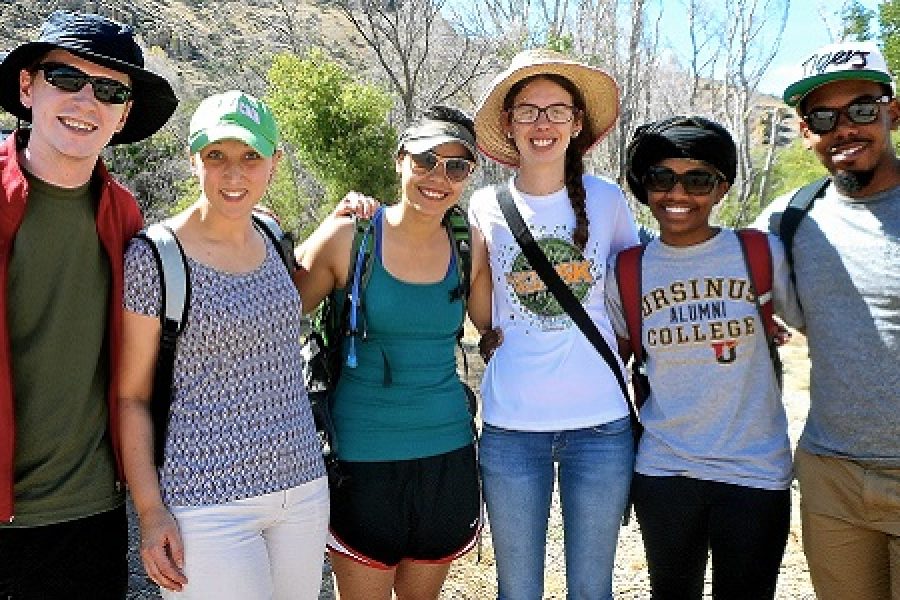
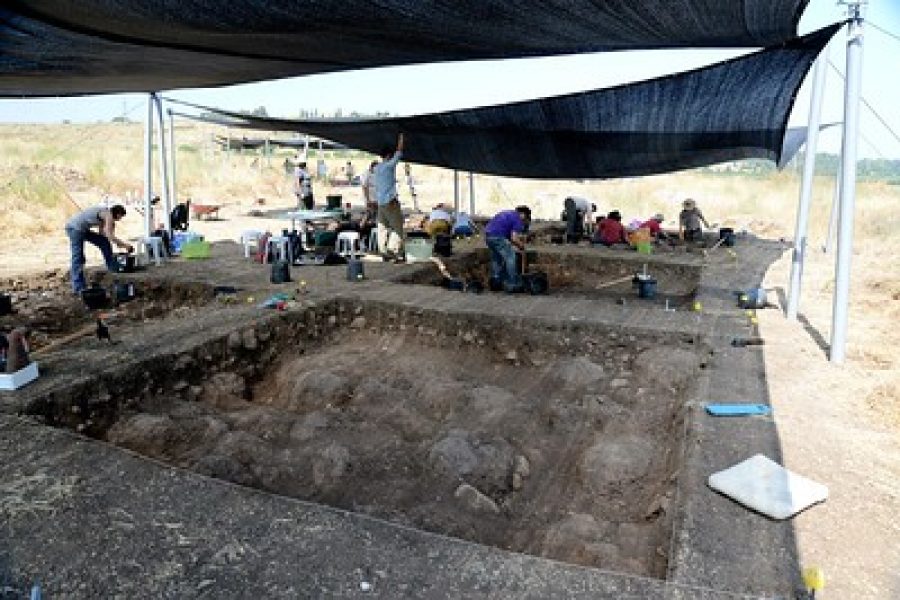
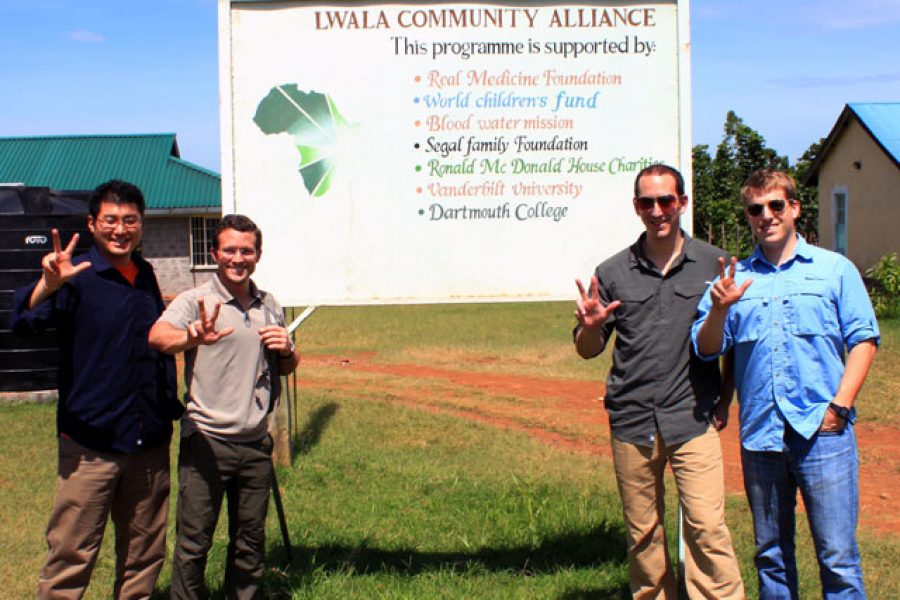
This program invites students to take their theological imaginations on a journey, and to think more deeply about the effects and consequences of globalization on religious life and practice.
The Global Education program has two goals critical to preparing the next generations of ministers, scholars and justice advocates to be effective leaders in the global arena and closer to home:
Global Education focuses on three dimensions of global religious life that are central concerns of the Divinity School: poverty, sexuality and gender, and health and healing. These topics require understanding the history of colonialism, neo-liberal politics and economy, and the broader dynamics of globalization, as well as the particular roles of various religious traditions in each of these. In each of these areas, students analyze the dynamics of religion in the production of the current state of communities, evaluate the ethics of various forms of engagement by religious persons and institutions, and prepare to become religious leaders who can act with integrity.
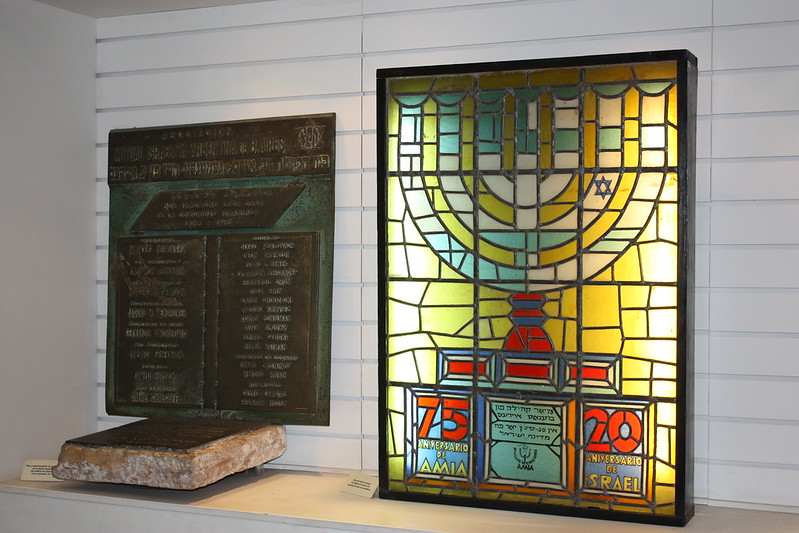
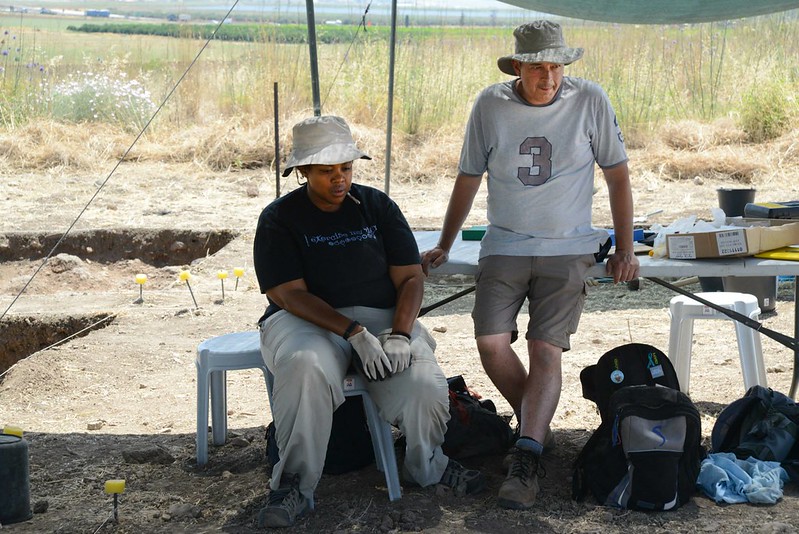
Faculty work hard to include a global perspective in their courses in all subject areas, and continue to globalize curriculum by bringing in the voices and perspectives of scholars, leaders and activists from around the world, both in syllabi and as conversation partners. In the immediate future, engagement entails strengthening existing relationships, particularly through virtual connections while travel is uncertain - collaborating on academic events, inviting scholars from partner institutions to participate, and finding opportunities for virtual encounters between classes.
As Nashville becomes more diverse with increasing numbers of international residents, students have the possibility of working with these communities through field education, course work, and student led initiatives. Nashville is striking for its religious and cultural diversity - it is home to many immigrants and refugees. VDS also has a growing international student body, which is crucial for creating and maintaining strong connections globally.